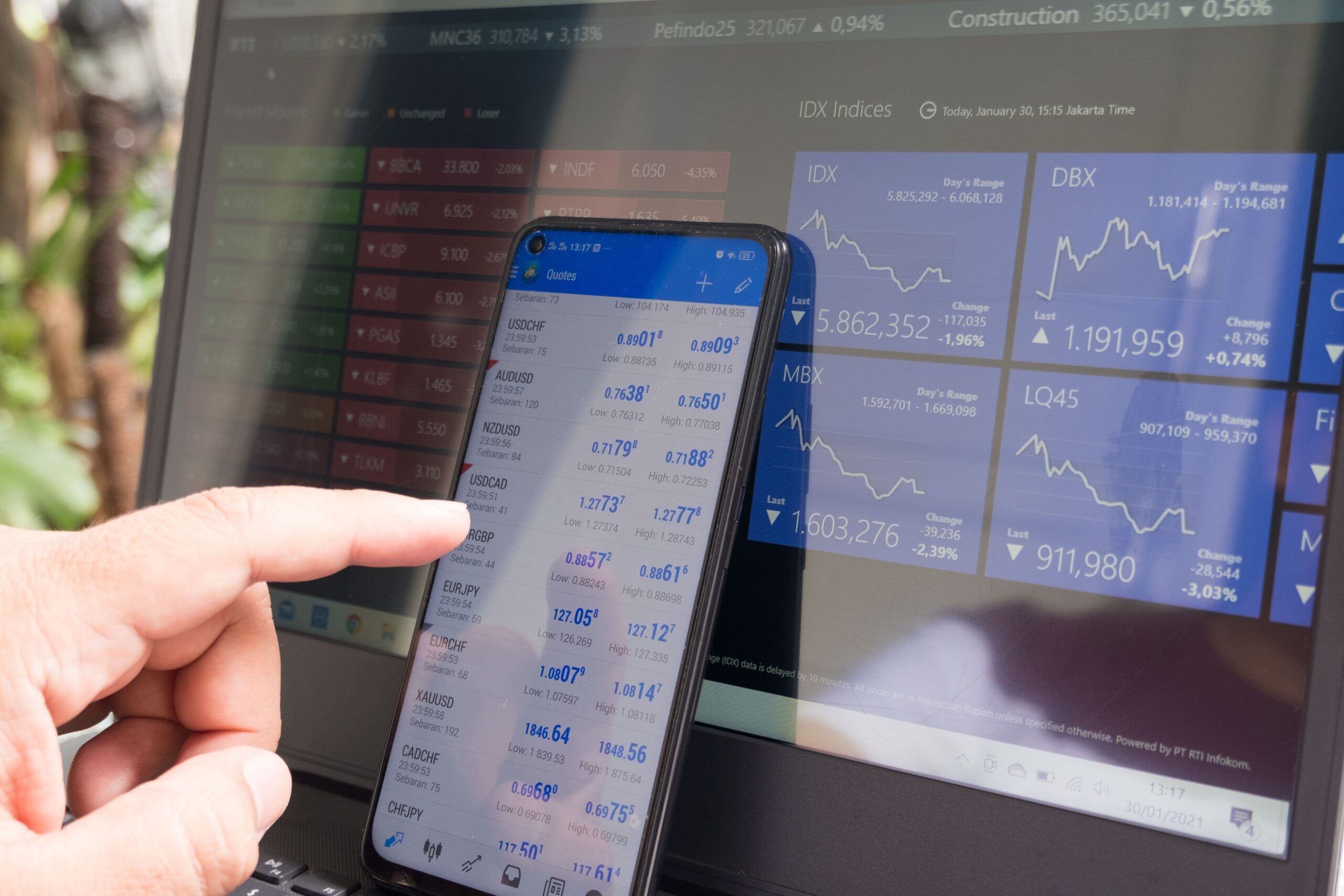Discovering the Effect of Currency Exchange Rates on Your Investments
The impact of money exchange prices on investments is a nuanced topic that necessitates mindful factor to consider, especially for those taking part in global markets. Variations in exchange prices can suddenly change the value of foreign financial investments, influencing general portfolio performance. As capitalists browse these complexities, understanding the interaction between currency characteristics and asset values becomes crucial. This conversation will highlight essential approaches for mitigating currency risk, yet it likewise raises pertinent inquiries regarding just how to successfully place one's portfolio in a significantly interconnected worldwide economy. What ramifications might these insights hold for your financial investment strategy?
Recognizing Money Exchange Fees
The details of money exchange prices play a crucial role in the worldwide economic landscape, influencing financial investment decisions across boundaries. Money exchange rates represent the value of one money in relation to another and are figured out by numerous elements, including rate of interest, inflation, political stability, and economic performance. Recognizing these prices is vital for investors taken part in worldwide markets, as variations can considerably affect the success of investments.
At its core, a currency exchange rate can be classified as either taken care of or floating. Fixed exchange prices are secured to a steady currency or a basket of money, providing predictability however limiting adaptability. Alternatively, floating currency exchange rate rise and fall based on market forces, permitting even more receptive modifications to financial facts.
In addition, exchange rate movements can be influenced by speculative trading, where financiers buy or market currencies in anticipation of future adjustments. Awareness of these characteristics enables financiers to make informed decisions, reduce threats, and profit from possibilities in the fx market. Ultimately, a complete understanding of money exchange prices is important for browsing the complexities of international financial investments properly.
Results on International Investments
Fluctuations in currency exchange rates can considerably impact global financial investments, affecting both the returns and risks associated with cross-border purchases. When a capitalist designates funding to international markets, the value of the financial investment can be affected by shifts in the money set in between the capitalist's home currency and the foreign currency. If the international currency depreciates against the capitalist's home money, the returns on the investment may reduce, even if the hidden asset carries out well.
In addition, currency danger is a fundamental consider worldwide financial investments, demanding a mindful evaluation of prospective volatility. This threat can lead to unexpected losses or gains, making complex the financial investment decision-making process. Financiers might reduce this risk via different techniques, such as money hedging or diversity across several money.
In addition, currency exchange rate changes can also influence the good looks of foreign financial investments loved one to residential options - forex trading forum. A strong home currency may motivate residential investors to seek opportunities abroad, while a weak home money might prevent investment in worldwide assets due to perceived higher costs. Ultimately, understanding these effects is critical for financiers intending to optimize their worldwide profiles while taking care of currency-related dangers successfully
Effect On Acquiring Power
Adjustments in money exchange prices can directly erode or enhance acquiring power, affecting customers and financiers alike. When a money enhances versus others, it raises the acquiring power of customers holding that money, enabling them to buy even more products and services for the same quantity of cash. On the other hand, a weakening currency decreases acquiring power, making international products more pricey and possibly causing inflationary stress domestically.
For investors, the ramifications of transforming money prolong past immediate buying power. Investments in foreign markets can produce various returns when transformed back to the financier's home money. A strong home currency can enhance the worth of international investments upon repatriation, while a weak home money can reduce returns dramatically.
Furthermore, changes in currency exchange rate can influence consumer actions and spending patterns. A decline in buying power may cause consumers to prioritize essential products over high-end products, thus influencing the wider financial landscape. Consequently, recognizing the impact of currency exchange rates on purchasing power is important for making educated economic decisions, whether one is a customer navigating day-to-day costs or a capitalist examining the viability of international opportunities.
Strategies for Currency Threat Administration

An additional method is diversification, which involves spreading out investments throughout numerous money and geographic regions. This decreases direct exposure to any type of single money's volatility, thus maintaining total returns. Investors may likewise consider buying currency-hedged funds, which are specifically designed to reduce currency threat while still supplying access to foreign markets.
In addition, preserving a close watch on financial indicators and important source geopolitical occasions can aid financiers make educated decisions regarding their money exposures. Carrying out a disciplined method to money danger management with normal assessments and modifications can better enhance durability versus negative exchange rate motions.

Study and Real-World Examples
Exactly how do real-world circumstances show the intricacies of currency exchange prices on investment outcomes? The gains made in the supply market were balanced out by negative exchange rate activities, demonstrating just how currency variations can substantially impact investment profitability.
One more illustratory example entails a multinational company earning revenue in different money. An U.S. firm with significant operations in Japan saw its revenues deteriorated when the yen compromised versus the dollar. This currency devaluation brought about a reduction in reported incomes, motivating the company to reassess its worldwide earnings technique.
These study underscore the requirement for capitalists to monitor currency exchange patterns important source proactively. They highlight that while straight financial investment performance is important, the interaction of currency exchange rate can drastically modify total investment outcomes, requiring a detailed strategy to risk management.

Conclusion
In verdict, money exchange rates play an essential function in shaping investment end results, specifically in worldwide markets. Fluctuations in currency exchange rate can boost or wear down the value of international possessions, thereby influencing overall profile performance. A comprehensive understanding of these characteristics, combined with effective threat administration techniques such as hedging and diversity, is necessary for financiers looking for to enhance returns and mitigate possible dangers linked with currency movements. Understanding of these elements is critical for educated financial investment decision-making.